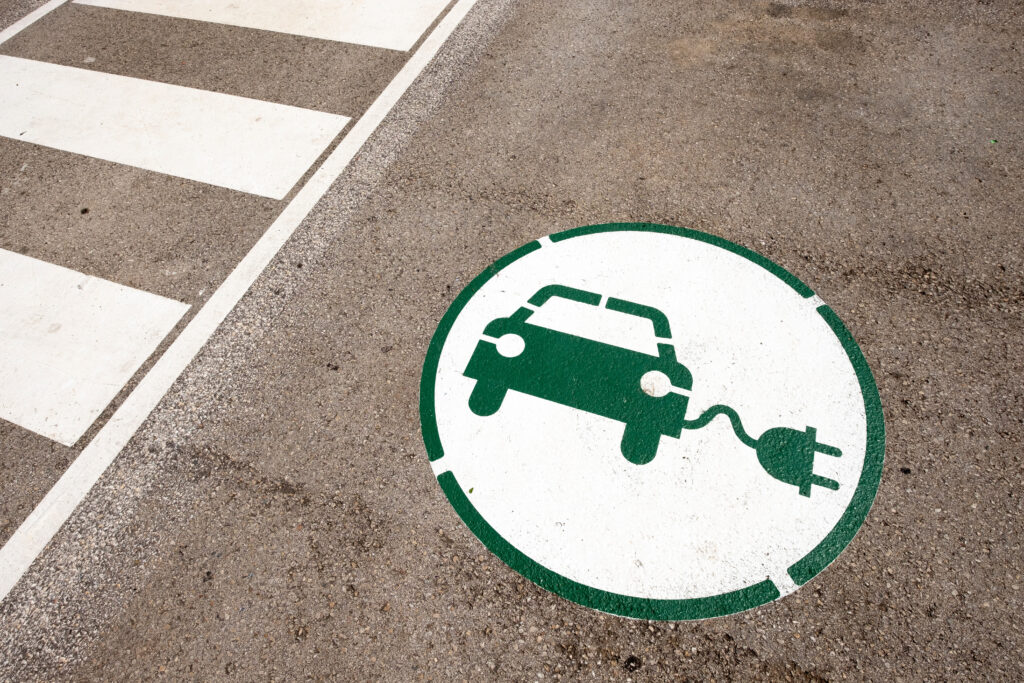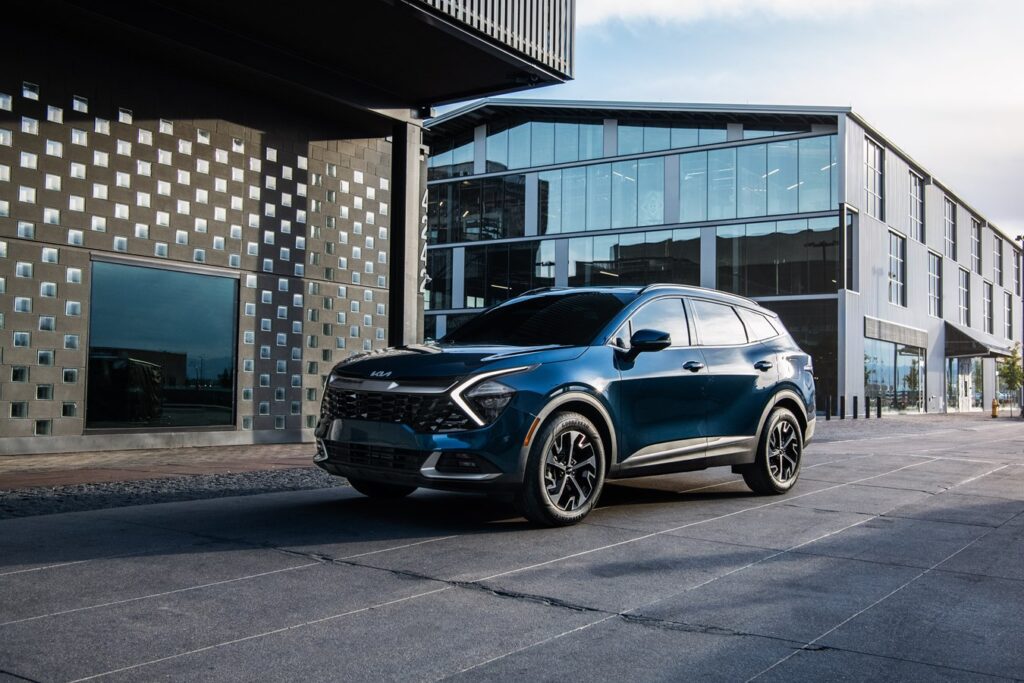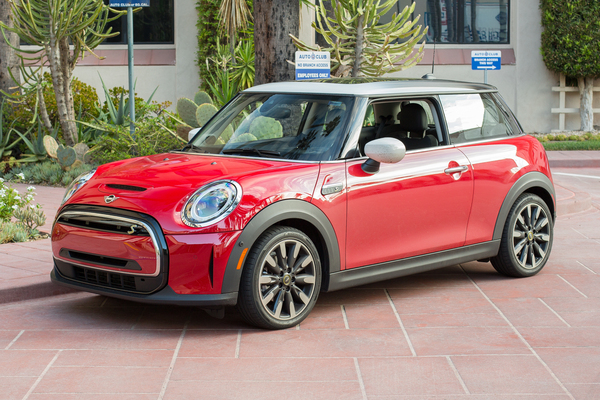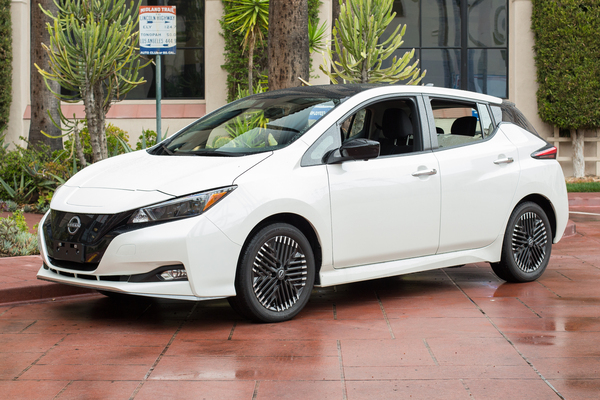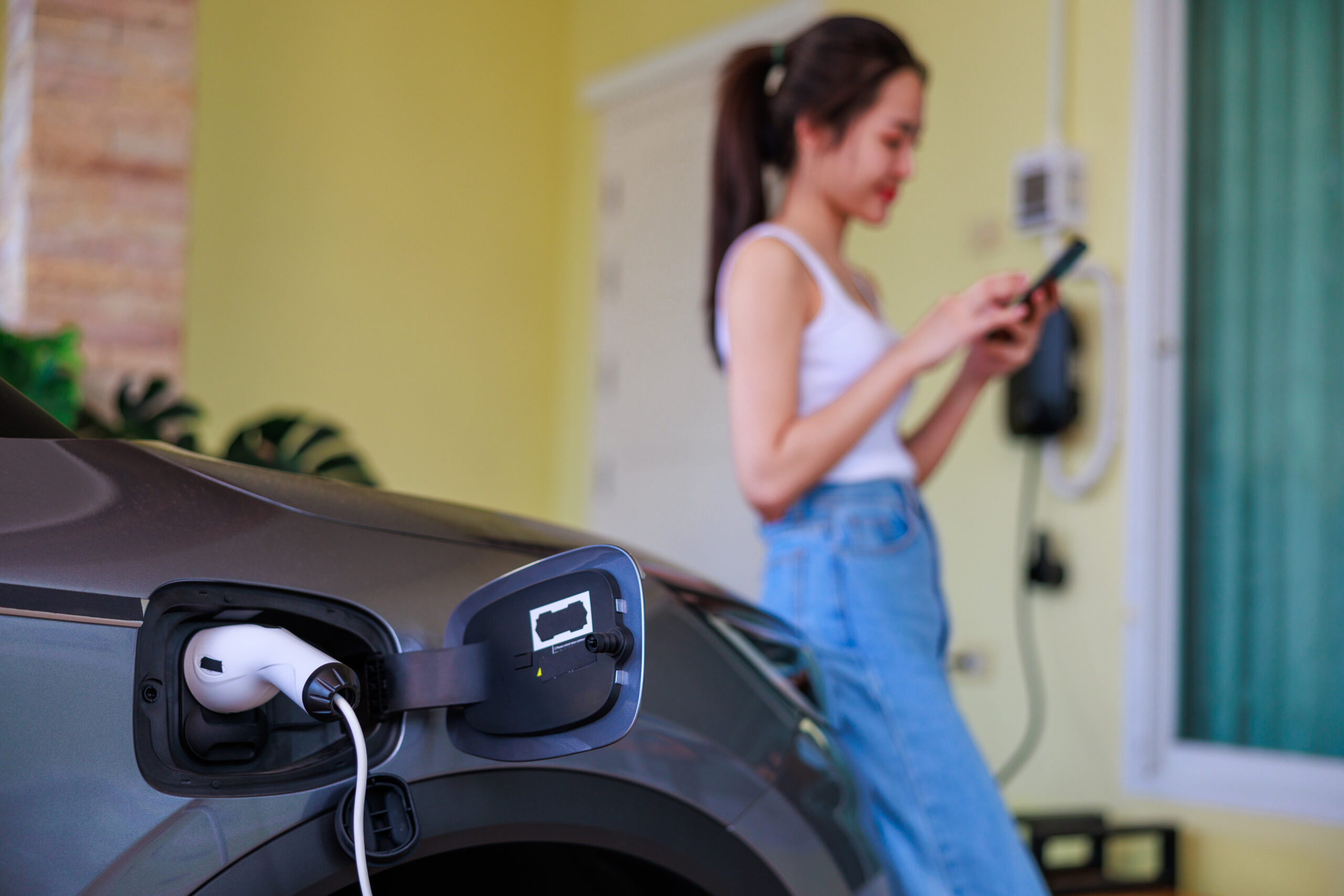
Recent reports of EVs getting stranded during winter’s coldest days have many concerned about the practicality of electric car battery performance in fluctuating temperatures, and extreme heat has also been shown to impact range.
It’s true, EVs tend to thrive in moderate temperatures, but extreme highs and lows are a reality for most. And, while automakers are continually learning and making advancements to improve, knowing how weather can affect EV range can help owners and prospective buyers better prepare.
How Does Temperature Affect EV Range?
Research from AAA revealed exactly how extreme temperatures can impact the driving ranges of EVs. The 2019 study showed that when temperatures dropped to 20 degrees Fahrenheit, driving range was reduced by 12%, and when temperatures rose to 95 degrees, the range decreased by 4%.
The effects were more significant when the cars’ heating and cooling systems were in use. In cold temperatures with the heat on, driving ranges decreased by 41%. When factors were reversed (high outside temperatures and the air conditioning in use) driving range decreased by 17%.
“The appeal of electric vehicles continues to grow since a greater variety of designs and options with increased range have come onto the market,” said Greg Brannon, director of automotive engineering and industry relations at AAA. “As long as drivers understand that there are limitations when operating electric vehicles in more extreme climates, they are less likely to be caught off guard by an unexpected drop in driving range.”
Dealing With Hot Weather's Effect on EV Range
During summer heat waves, you don’t have to worry about an EV overheating as you would a traditional internal combustion engine, but you should plan for potential range reduction.
NAPA Auto Parts offered some tips to help conserve EV battery power in warm weather.
- Use the climate control system to cool the car while it is parked and charging. This conserves battery power.
- Park in the shade or in a garage to stabilize cabin temperature.
- Plan trips during the morning or evening to avoid the hottest parts of the day.
- Try to maintain a steady vehicle speed.
- Keep only necessities in the car. More weight, more strain on the battery.
- Slow down. Air conditioning draws from the battery as does the engine.
- Keep all four tires inflated to the proper air pressure. Underinflated tires require more energy to keep them rolling.
Remember, NAPA offers discounts to AAA members.

EVs in Cold Weather
While the idea of an EV getting stranded in a snowstorm has sparked anxiety among some drivers, it’s a situation that can be avoided with the right precautions. Plus, if you are stuck in the snow, EVs can keep you warm for almost as long as a gas vehicle. A Car and Driver study found that EVs could maintain a cabin temperature of 65 degrees in 15-degree weather for up to 45 hours with little to no charge.
Here are a few ways to maximize an EVs charge during colder weather:
- Precondition the car by warming the interior while it is still connected to the charging station. Be sure to turn on heated seats and steering wheel, so all surfaces are extra toasty when you get in.
- Purchase an EV that uses a heat pump rather than radiant heat to warm the car. Heat pumps are more efficient.
- Make sure the battery is fully charged before setting off on a trip when it is very cold.
AAA urges electric vehicle owners to be aware of range reduction in extreme hot and cold weather and the need to charge more often to minimize the chance of being stranded by a dead battery. Always map out EV chargers along longer routes.
And, as always, AAA Roadside Assistance is available 24/7 if you need us.
AAA’s Recommendation: Whether you own an electric vehicle or a gas-powered car is up to you – and you should consider lots of factors in making that choice. No matter what type of vehicle you’re choosing, we recommend visiting a dealership, test driving one, and asking as many questions as possible to make an informed decision.

